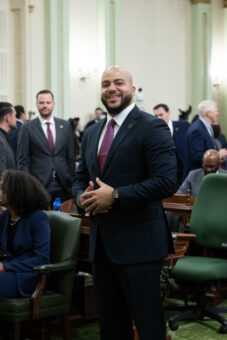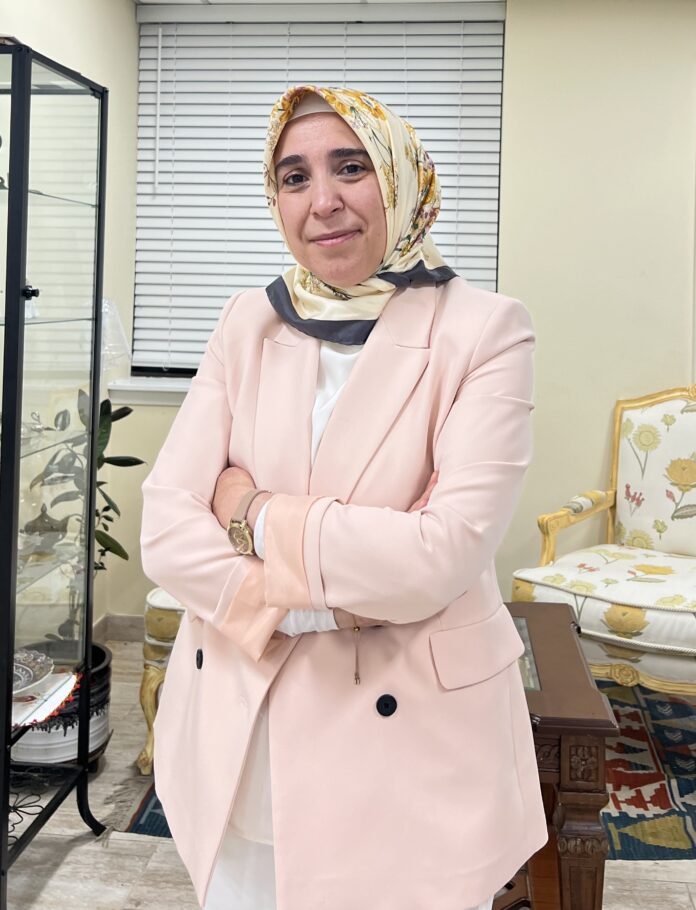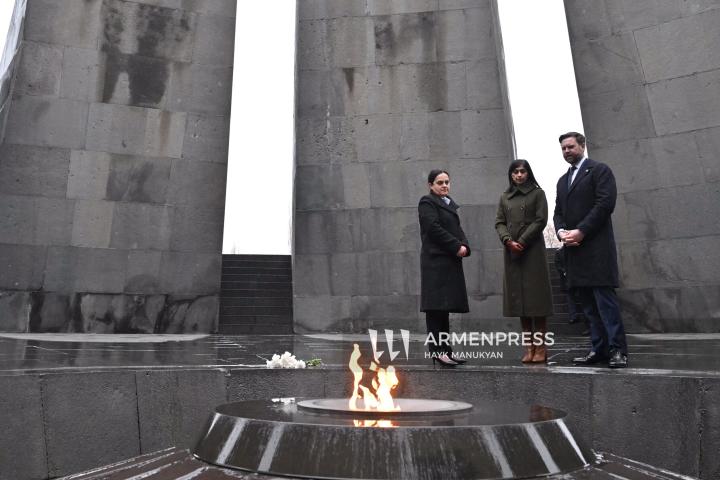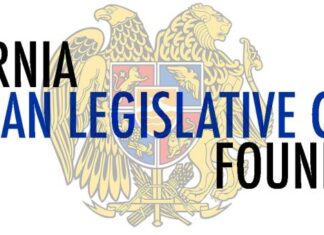By Hafza Girdap
STONY BROOK, N.Y. — As both an activist and an academic, I am passionate about the transformative potential of both academic and civil society work to bring about meaningful change, particularly in the realms of social justice and gender equality.
In our globalized world, where human flows, ideas, and discrimination proliferate, I focus on the transformative journey of immigrant women in the United States. My research unravels the complexities of racialization, often clashing with cultural and international norms. It’s crucial to recognize that race, radicalization, and racism encompass more identity dynamics than just skin color and ethnicity, including religion, location, and sexuality.
As a recent Turkish dissident, I have experienced state-led discrimination and oppression firsthand. These atrocities against various groups based on religious, ethnic, ideological, and gender backgrounds profoundly impact society. Powerful state narratives perpetuate discrimination and violence, often resulting in migration.
Turkey’s historical context reveals complex struggles and challenges concerning minority rights. Discrimination and violence against minorities, including Kurds, Alevis, Armenians, Greeks, and Jews, have been pervasive, extending to language restrictions, cultural suppression, and violence. Patriarchy, evident in state structures and gender dynamics, shapes women’s roles within the nation-state. Gendered racism — discrimination, prejudice, and violence against women based on intersecting identities like race, ethnicity, religion, or sexual orientation — manifests in divisions such as Turkish/Kurdish/Armenian, men/women, secular/religious, and Sunni/Alevi.
These divides reinforce traditional roles, with Turkish-Sunni identity dominating state structures and norms. Minority women face dehumanization and discriminatory attitudes. This dehumanization normalizes violence and discrimination against these groups. Concepts of gendered citizenship and gendered racism highlight the marginalization faced by women from ethnic and religious minorities, as well as LGBTQ individuals. My research aims to explore the strong connection between gender and citizenship in Turkey.







